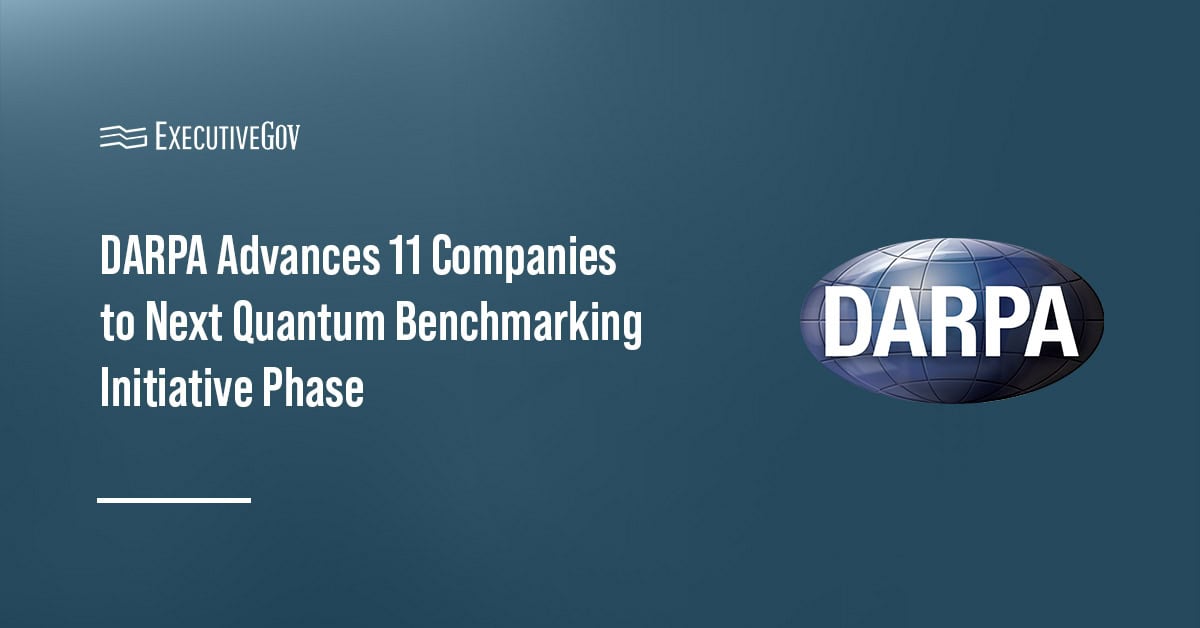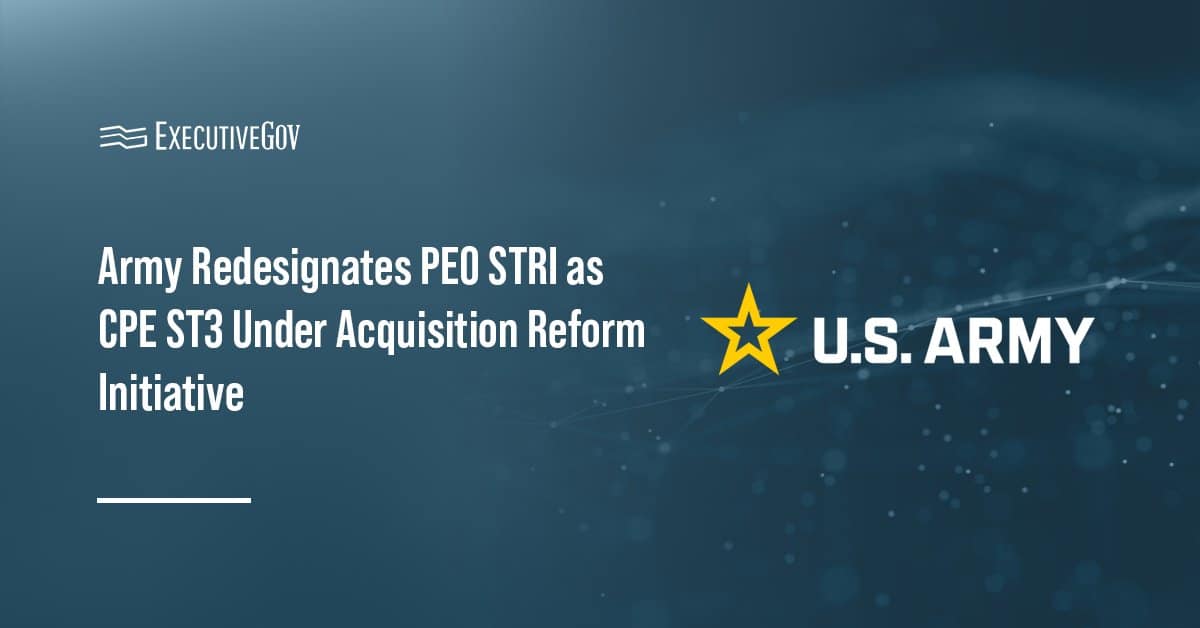The Defense Advanced Research Projects Agency has selected 11 quantum computing companies to advance to the next phase of its Quantum Benchmarking Initiative, a long-term program designed to determine whether any quantum computing technology can reach utility-scale operation by 2033.

Quantum computing is rapidly emerging as a decisive frontier in national defense. At the Defense R&D Summit on Jan. 29, leaders from government, industry and research will explore how next-generation quantum technologies can strengthen U.S. security and scientific leadership. Be sure to catch a panel discussion, themed “Securing the Quantum Edge: Advancing U.S. Leadership as a National Security Imperative,” where experts will examine how quantum innovation is shaping the future of U.S. defense. Register now to secure your spot and join the conversation driving quantum innovation.
Table of Contents
Which Companies Are Selected for Stage B of QBI?
The selected teams will now begin a yearlong research and development phase known as Stage B. During this stage, they must refine technical road maps, identify major engineering risks and propose prototypes to demonstrate progress toward scalable, fault-tolerant quantum systems.
The 11 companies advancing to Stage B are:
- Atom Computing
- Diraq
- IBM
- IonQ
- Nord Quantique
- Photonic
- Quantinuum
- Quantum Motion
- QuEra Computing
- Silicon Quantum Computing
- Xanadu
Their proposed systems represent a broad mix of qubit technologies, including neutral atoms, trapped ions, superconducting and photonic architectures.
The current phase follows a six-month sprint known as Stage A, during which participants characterized a viable utility-scale quantum computer concept. Stage A began with 15 initial participants, including Hewlett Packard Enterprise, Rigetti Computing, Atlantic Quantum and Oxford Ionics.
DARPA said additional companies may join Stage B in the future.
What Comes Next for the Selected Teams?
Organizations that will complete Stage B will advance to Stage C, where DARPA’s independent verification and validation team will assess whether their proposed systems can be built and operated as designed. The agency plans to leverage federal and state laboratory infrastructure for testing and analysis. DARPA’s aim with QBI is not to run a competition but to pursue every feasible approach, provided funding is available.
The initiative expands upon the work of DARPA’s existing Underexplored Systems for Utility-Scale Quantum Computing program.





